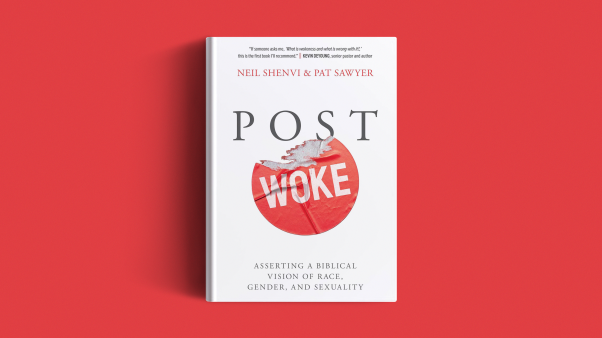In his provocative book Salvation by Allegiance Alone, Matthew W. Bates expresses deep concern that Christians—particularly North American conservative evangelicals—misunderstand what the Bible means when it calls people to faith. Too often, he argues, they reduce faith to cognitive assent, as if believing in Christ simply means agreeing with certain propositions. Further, they often reduce conversion to saying a one-time prayer, thus presenting faith as a kind of “fire insurance”—a way to avoid God’s judgment, no matter how one decides to live. The effect is to disdain good works and God’s law as self-righteousness, creating a false opposition between faith and obedience and neglecting the Bible’s call to love God by keeping his commandments (John 14:15).
Bates has two main concerns: first, that gospel is too often equated with justification by faith alone. But this equation is not faithful to the New Testament. The gospel is something Jesus announces and embodies; it is the story of the eternal Son becoming one with us in his incarnation, death, resurrection, ascension, and enthronement as king and judge. God’s people are justified by faith alone only as they are united to the risen King by the Holy Spirit. Our faith, then, is rooted in the story of Jesus the King; we celebrate his victory over sin and death while also submitting to his everlasting reign.
This takes us to Bates’s second concern. He argues that the term pistis, most often translated as “faith,” should instead be translated as “allegiance,” because this concept more faithfully conveys the New Testament understanding. This allegiance has three dimensions: “mental affirmation that the gospel is true, professed fealty [sworn loyalty] to Jesus alone as the cosmic Lord, and enacted loyalty through obedience to Jesus as the king.”
Bates prefers this formulation to the classic Reformation construct of notitia (knowledge), assensus (intellectual agreement), and fiducia (trust) for several reasons. The Protestant framework, he argues, often reduces faith to a sense of forgiveness, rather than a connection to Jesus’ kingship. It stresses the believer’s inner psychology in a way that overshadows the Bible’s emphasis on obedience. And since the classic formula doesn’t place “embodied fidelity” at the beginning, it could be construed as making obedience optional rather than indispensable.
The church’s main discipleship problem, according to Bates, is not that people are so busy trying to obey God that they fall into the habit of thinking they are saved by their works. The problem, instead, is that too many people have said a prayer, received assurance, and proceeded to live as if Jesus’ reign were irrelevant. Perhaps, he argues, allegiance could better convey what it means to submit to King Jesus and dwell in his kingdom.
However, I am not fully convinced that translating pistis as “allegiance” correctly addresses this problem, since it raises potential misunderstandings. While theologians have traditionally distinguished between faith and what is entailed by faith, Bates appears to define faith by its entailments. The Book of James makes clear that “a person is considered righteous by what they do and not by faith alone” (2:24), but those works, like Abraham’s willingness to offer Isaac as a sacrifice (Gen. 22), flow out of preexistent faith (Gen. 15:6; James 2:23). While James highlights the indispensability of works, he clearly presupposes Abraham’s deep trust in God and his promises (as described in Heb. 11:17–19).
Faith is not a one-time event. This is why early Protestant theologians spoke of “continued conversion” (conversio continuata): not because they thought people would lose and then regain their salvation, but because repentance and faith are not simply what gets one into Christ’s kingdom—they are the manner of life within it.
Finally, I worry that Bates is asking one (admittedly important) biblical concept, kingship, to do all the work of describing salvation. Where, for example, is the Bible’s imagery of entering God’s family? The Father of our Lord Jesus Christ has become our Father. We discover our identity not merely as servants of the king, but also as adopted sons and daughters.
Bates reminds us that Christian faith is radically incomplete without acknowledging the kingship of Christ. However, I fear that his solution to one problem gives rise to others. (When, for instance, have I shown enough allegiance?) Classic Protestant approaches show how faith, works, love, and obedience are part of the same package, but without making Bates’s mistake of collapsing them into a single category.
Kelly M. Kapic teaches theology at Covenant College in Lookout Mountain, Georgia. He is the author of Embodied Hope: A Theological Meditation on Pain and Suffering (IVP Academic).











